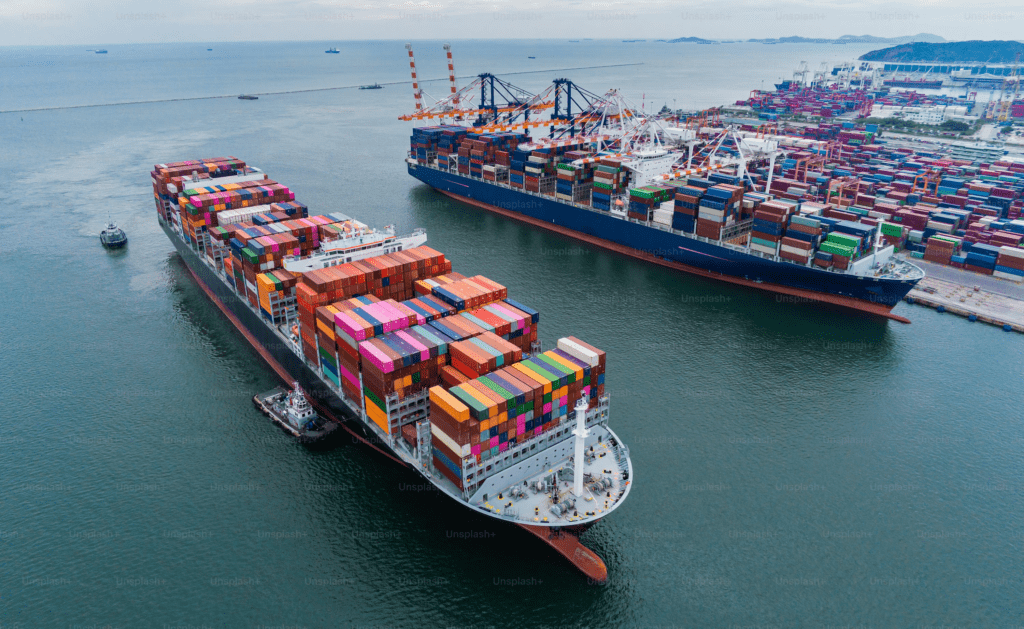US President Donald Trump has announced a new trade policy called the “Reciprocal Tariff” system. This policy aims to make international trade fairer for the United States by ensuring that the US charges the same tariffs on foreign goods as other countries charge on American products. Trump shared this plan on his social media platform, Truth Social, and explained that it is designed to protect American workers and businesses from unfair trade practices.
What is the Reciprocal Tariff Policy?
The main idea behind the Reciprocal Tariff policy is simple: if another country charges a tariff (a tax on imported goods) on American products, the US will charge the same tariff on goods coming from that country. Trump described this as a way to create a “level playing field” for American workers and businesses. He said, “For purposes of fairness, I will charge a Reciprocal Tariff. Whatever countries charge the United States, we will charge them—no more, no less!”

This means that if a country like China or Germany imposes a 10% tariff on American cars, the US will also impose a 10% tariff on cars imported from those countries. The goal is to ensure that American businesses are not at a disadvantage in international trade.
Targeting VAT Systems and Trade Barriers
Trump also addressed the issue of Value-Added Tax (VAT) systems used by many countries. A VAT is a type of tax added to products at each stage of production and distribution. Trump called VAT systems “far more punitive than a tariff” and said that the US would treat them similarly under the new policy. This means that if a country uses a VAT system to make American goods more expensive, the US will respond with equivalent measures.
Additionally, Trump warned against attempts to bypass US tariffs by sending goods through third-party countries. For example, if a country tries to avoid US tariffs by shipping its products through another nation, the US will not allow it. Trump stated, “Sending merchandise, product, or anything by any other name through another country, for purposes of unfairly harming America, will not be accepted.”
Encouraging Domestic Production
One of the key aspects of Trump’s new policy is its focus on encouraging companies to manufacture their products in the United States. Trump promised that companies producing goods within the US would not face any tariffs. He said, “There are no tariffs if you manufacture or build your product in the United States.”
This move is intended to boost American manufacturing and create more jobs within the country. By offering tariff exemptions to domestic producers, the policy aims to make it more attractive for companies to set up or expand their operations in the US.
Addressing Non-Monetary Trade Barriers
Trump also highlighted the issue of non-monetary trade barriers, such as government subsidies and regulations that make it harder for American goods to compete in foreign markets. He claimed that the US has the tools to “accurately determine the cost of these non-monetary trade barriers” and take appropriate action to address them.
This means that if a country provides subsidies to its own industries, giving them an unfair advantage over American businesses, the US will respond with measures to level the playing field.
A Shift in US Trade Strategy
Trump’s announcement marks a significant change in US trade policy. Traditionally, the US has relied on negotiations and trade agreements to resolve trade disputes. However, Trump’s Reciprocal Tariff policy takes a more direct approach by enforcing strict reciprocity.
Trump argued that the US has been “treated unfairly by other countries, both friend and foe,” and that this new system would “immediately bring fairness and prosperity back into the previously complex and unfair system of trade.”
Why This Policy Matters
Trade policies have a big impact on the economy, affecting jobs, prices, and the availability of goods. By introducing the Reciprocal Tariff policy, Trump aims to protect American industries and workers from what he sees as unfair competition from other countries.
For example, if foreign goods are cheaper because of low tariffs or subsidies, American businesses may struggle to compete. This can lead to job losses and a decline in domestic production. By matching tariffs and addressing trade barriers, the US hopes to create a more balanced and fair trading environment.

Potential Challenges
While the policy aims to protect American interests, it could also lead to challenges. Other countries might respond by increasing their own tariffs or taking other measures that could escalate trade tensions. This could result in a “trade war,” where countries keep raising tariffs on each other’s goods, making products more expensive for consumers.
Additionally, some experts argue that strict reciprocity might not always be the best approach. Trade agreements often involve compromises, where countries agree to lower tariffs in exchange for access to new markets. A strict Reciprocal Tariff policy might make it harder to negotiate such agreements.

